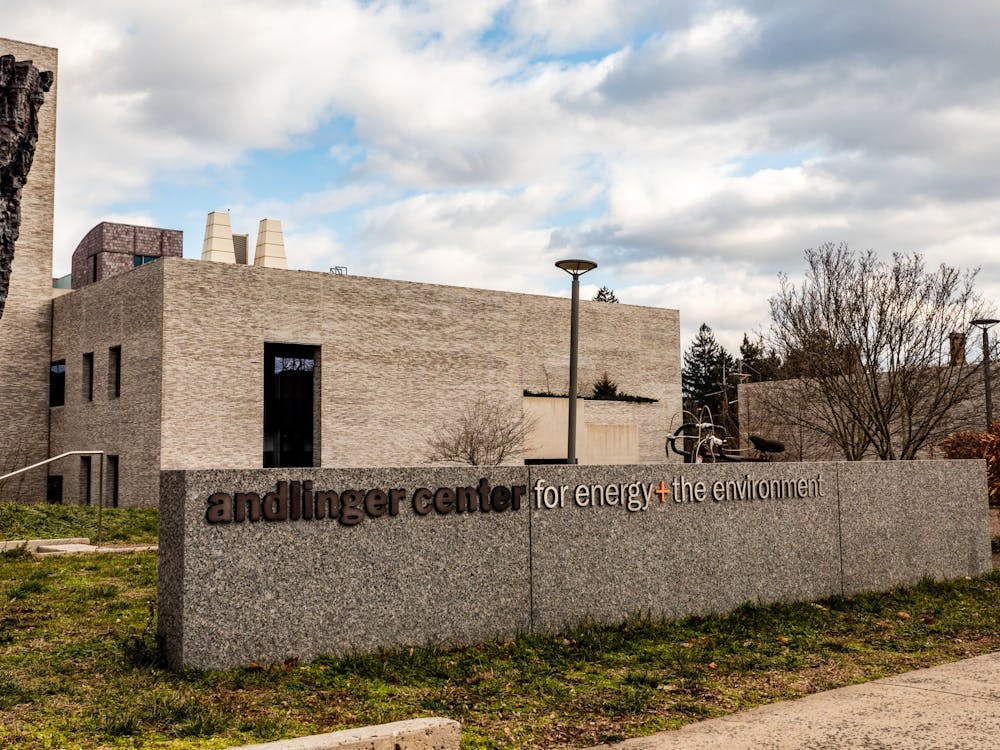Physics professors Robert Austin and William Happer GS ’64 released an open letter on Dec. 3 urging recipients to pressure the APS, a professional association for physicists, to put the statement “on ice until the extent to which it is tainted” by faulty evidence is reviewed.
The “Climategate” scandal, in which hacked e-mails revealed collusion among certain prominent climatologists in manipulating data to overstate the human influence on climate change, surfaced in late November. The incident represents an “international scientific fraud, the worst any of us have seen in our … years of APS membership,” according to the letter, which listed professors at UC-Santa Barbara and Hartford and a former manager at ExxonMobil as co-signatories.
The letter, which calls for an independent analysis of the science the APS used to reach its conclusion, has gained the support of roughly half the members contacted, according to CBS.
APS’ 2007 statement, which claimed that the evidence for global warming is “incontrovertible,” used data produced by the University of East Anglia’s Climate Research Unit, which is implicated in the controversy, Happer explained in an e-mail to The Daily Princetonian.
“I am unaware of any incontrovertible evidence in science,” Happer explained. “I think the APS and other scientific societies will come to regret their statements on global warming as the shakiness of the science becomes clearer.”
The two professors first proposed a revision of the climate policy statement in early November before Climategate arose, but APS declined. Despite the scandal, an APS spokesperson told CBS on Monday that the society still stands by its original language.
Happer said that the society’s continued defense of the statement despite the new knowledge that the relevant data were manipulated would show that “they are in denial.”
“Current warming … has been mostly due to natural causes that are not very well understood,” Happer said. He added that carbon dioxide, the gas often linked to damage in the ozone layer, is “essential to life” and that “to call CO2 a pollutant, as the Environmental Protection Agency has proposed, is pure Orwellian newspeak.”
“If the APS had accepted our alternate statement on climate change in their early November meeting, they would be looking very good now,” he added.
The temperature increase will be “at most 1.5 [degrees] Celsius over the next 100 years,” which is “hardly an imminent threat,” Austin said in an e-mail. The APS statement, he added, is “overly alarmist.”
“I hate the word ‘incontrovertible,’ ” Austin said. “Coming from a very religious background where it was drummed into my head that what was said in church was ‘incontrovertible,’ I grew very allergic to that word, and it makes me break out into a terrible rash when I read it.”
Accepting conclusions based on the data enmeshed in Climategate may have long-term repercussions on the public’s trust in scientific information, Austin noted.

“I take no joy in Climategate; it is a sad day for science and could result in a major loss of respect for science by the general public,” he said. “We have to distance ourselves from this disgraceful behavior and make it clear that this is not how science is done.”








